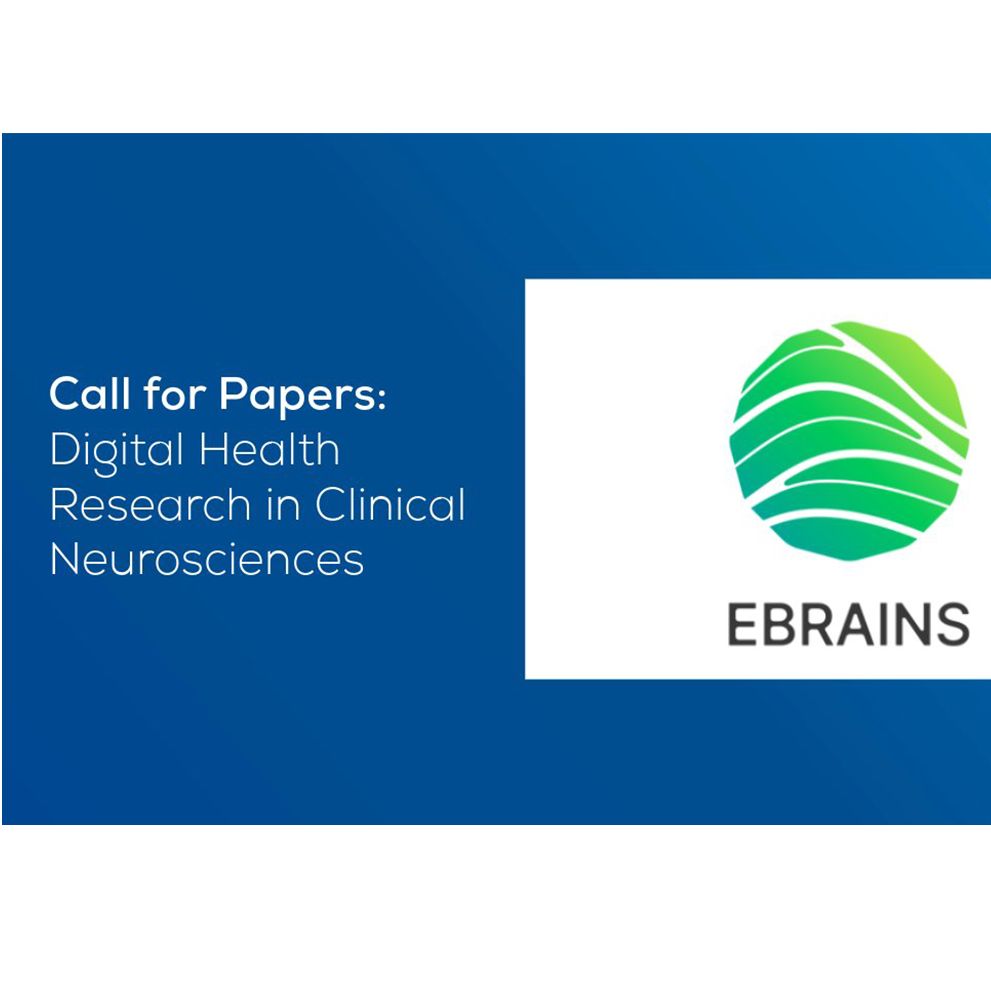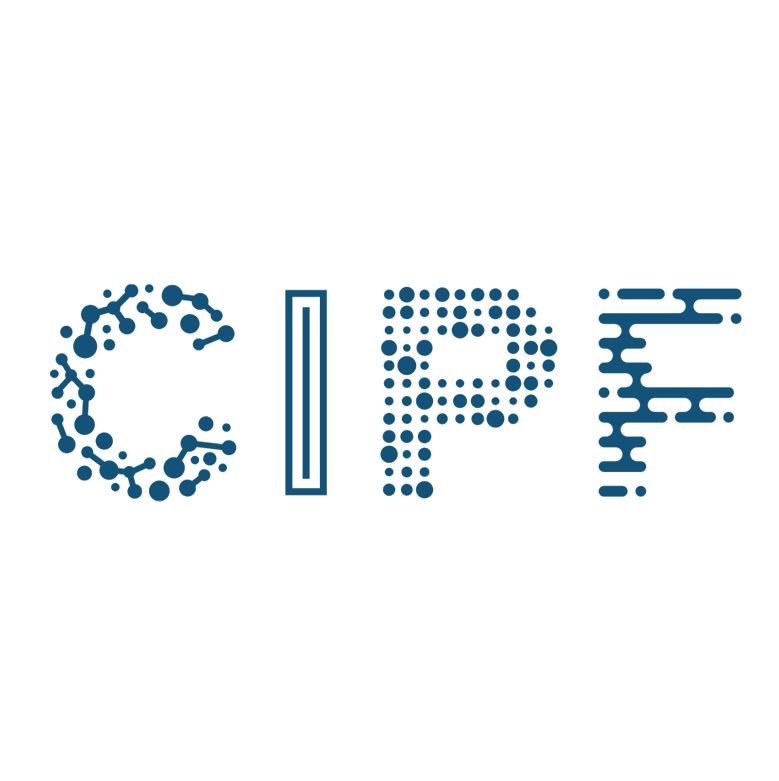
EBRAINS contributes to WHO position paper on brain health

The webinar kicked off with opening remarks from Dr Ren Minghui, Assistant Director-General for Universal Health Coverage / Communicable and Noncommunicable Diseases at WHO, who welcomed attendees to the launch of the position paper.
He was followed by Helen Rochford-Brennan, a Global Dementia Ambassador, who spoke about her experience of living with dementia. She emphasized the importance of nutrition, exercise, and a positive attitude – “smiling is good for cognition”, she said – in maintaining optimal brain health.
Afterwards Dr Tarun Dua, Head of the Brain Health Unit, WHO, gave an overview of the position paper. She discussed the different chapters of the paper, which cover:
- A framework for brain health optimization
- Determinants of brain health
- Impacts of brain health optimization on health and other outcomes
- Future directions for brain health policy, research and data
Next was the panel ‘National perspectives on brain health’, which featured four panelists. Ignacio Amorin, Director of the Brain Health Programme, Ministry of Health, Uruguay, talked about the Programme’s promotion and dissemination of campaigns for the prevention of neurological disorders among the general public. Silja Nicoline Angellsen, Senior Advisor, Norwegian Directorate of Health, and Project Manager, Norwegian Brain Health Strategy, highlighted the benefits of collaborative work, not just across Norway, but across multiple countries. Jacqueline Hoogendam, Coordinator for International Affairs on Dementia, Long-Term Care, and Aging, Ministry of Health, Welfare and Sport, The Netherlands, underlined the need for present action regarding brain health: “if we don’t act now, we won’t have results in the future.” William Hynes, Head of New Approaches to Economic Challenges Unit, OECD, spoke about the effort to integrate good brain health into wider policy agendas.
The second panel, ‘Brain health across the life course’, featured Zul Merali, Aga Khan University, Kenya, Angelina Kakooza-Mwesige, Makerere University, Uganda, Sarah Lenz Lock, AARP, and Wolfgang Grisold, World Federation of Neurology. The panel discussed the importance of good brain health at each stage of life. Kakooza-Mwesige focused on the benefits of promoting brain health early in life and fostering healthy brain development in children. Lock dispelled the false perception that cognitive decline is inevitable as one ages: “You can develop neurons (…) throughout your life.”
Devora Kestel, Director of Mental Health and Substance Abuse, WHO, gave the closing remarks. She called for greater collaboration going forward: “A challenge of this size means that we cannot work in silos. If we are to effectively protect and promote brain health across the life course, we must adopt a whole-of-society approach, that engages all sectors, and effectively addresses the many determinants of brain health.”
EBRAINS is proud to have contributed to this important document. Our aim is to be the research infrastructure of reference for neuroscience and brain health. Research is fundamental to making progress in brain health since greater understanding of the brain can lead to better treatments. We believe that good brain health plays a significant role in an individual's well-being and collectively has a profound impact on the economy and society.
About the WHO ‘Optimizing brain health across the life course’ position paper
The position paper provides a conceptual framework for what brain health is and how brain health can be optimized throughout life with actions across the following clusters of determinants: physical health, healthy environments, safety and security, learning and social connection, and access to quality services.
News & events
All news & events- News04 Apr 2025

- News03 Apr 2025


- News21 Mar 2025
